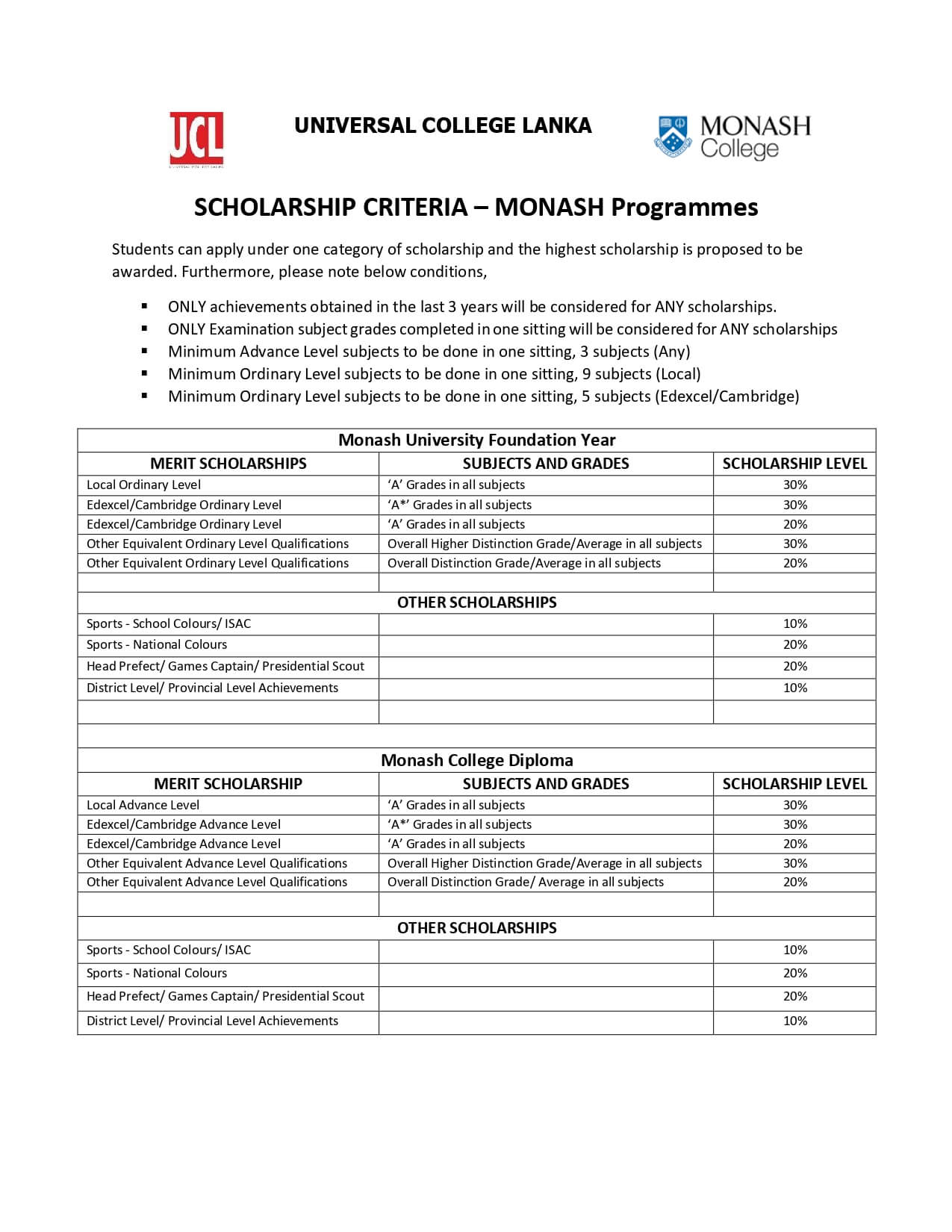Chemistry 1 (MCD4390)
A fundamental understanding of chemistry is relevant to many of the tasks encountered by professional engineers. Topics covered include atomic theory of matter, chemical periodicity, ionic, covalent, and metallic bonding. Practical exercises are illustrative of the theory component and provide experience in laboratory techniques and laboratory OHSE practices.
Blueprint for Life (Biology 1) (MCD4410)
The aim of this course is for students to learn about the function of plant and animal cells – this is examined with an emphasis on energy fixation, storage, and usage. Principles of genetics including advances in molecular biology, current views of evolutionary processes, and ecology are integrated into a structured course that offers considerable feedback on progress and opportunities for self-paced learning.
Chemistry 2 (MCD4400)
The aim of this course is for students to learn about the understanding of general and physical chemistry to explore the behaviour of chemicals in a number of interesting case studies, incorporating a range of significant biological and synthetic molecules such as carbohydrates, proteins, polymers and pharmaceutically important drugs. Along the way, students will discuss the formation of inorganic coordination compounds and investigate their role in color and magnetism, and metals in biological systems. The concepts developed within the workshops and tutorials are complemented through a laboratory programme where students will have the opportunity to develop analytical techniques and design their own experiments to solve a range of chemical problems.
Life on Earth (Biology 2) (MCD4420)
The study of biology allows you to gain a greater understanding of our world – the living resources and the ecosystems upon which we rely. MCD4420 involves the study of the biology of whole organisms, organ systems and cells, including molecular genetics and the effect of environmental parameters on biological functions. The biology of microbes and animals is emphasised. Ecological factors that are biologically important at the level of integrated whole organisms and at cellular, subcellular and biochemical levels are considered for each organism under study.
Professional Practice (MCD4770)
Develop proficiency with technologies for information gathering analysis, simulation, theoretical prediction, access to information, and report preparation.
Managing People and Organisations(MCD2040)
Enables students to develop an understanding of how organizations are managed and apply analytical skills to a range of managerial and organisational issues.
Business Statistics (MCD2080)
Designed to provide skills in data analysis and statistical processes as applied to business and basic business computations and techniques.
Functions and their Applications (MCD2130)
Focuses on the behaviour of functions and examining some of the applications to the real world. Further explores the composition through possible combination of different types of component functions alongside other functions such as transformations via shifting, scaling and reflecting.
Physics for Engineering (MCD4160)
Relates key principles of physics to engineering and technology, and shows how physics, including quantum and nanoscience, creates useful new technologies. The practical component develops measurement, analysis, and communication skills.
Advanced Mathematics (MCD4490)
Develops knowledge and skills in mathematical logic, circular function, complex numbers and vectors. It provides an extension into circular functions and differential calculus including anti derivatives and differential equations and investigates applications particularly for use in other engineering areas, such as kinematics.
Engineering Mathematics (MCD4500)
Allows students to explore the fundamental concepts and techniques required for first-year engineering courses in the areas of vector algebra and geometry, linear algebra and matrix operations, Eigen-values and Eigen-vectors, differential and integral calculus, sequences and series, ordinary differential equations and boundary value problems, multivariable calculus and partial derivatives.
Discrete Mathematics (MCD4440)
Introduces fundamental discrete mathematics topics including combinatorics, sets, relations and functions, methods of logic and proof, especially proof by induction, probability theory, Bayes’ theorem, recursion, recurrence relations, trees, and other graphs. Establishes the mathematical basis required for studies in Computer Science and Software Engineering.


